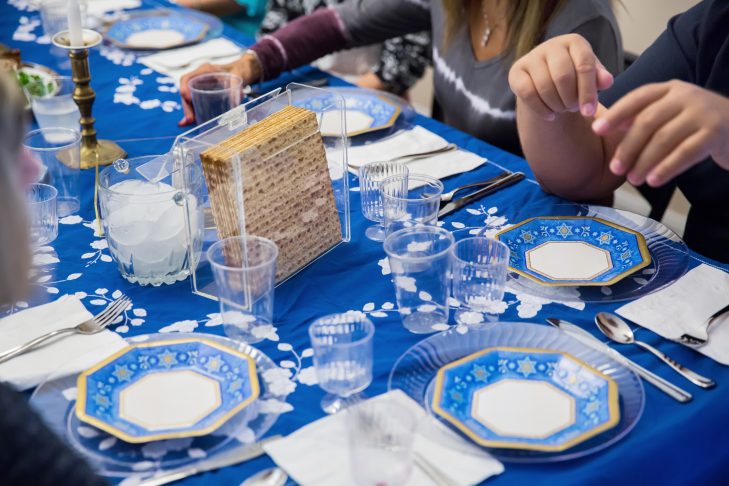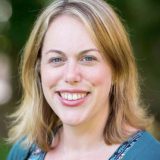Growing up, the grandparents, aunts, uncles and friends who shared my family’s Passover seder were always Jewish. Today, as our community continues to evolve, many of those who gather around our seder tables will not be Jewish.
The wonderful people who join us for seder may be married to our sons and daughters. They might be extended family, friends or even our own partners. As a result, our tables will be rich and full and truly diverse. This year, when so many of us are deeply concerned about the rise in anti-Semitism, racism, anti-Islamic rhetoric and xenophobia, our seders offer us an opportunity for intentional and meaningful interfaith dialogue.
At our Pesach celebration, when we tell the story of our people’s journey from slavery to freedom, we can explain our varied and diverse understandings of the value of freedom. We can recite the words from our Haggadah, “Let all who are hungry come and eat,” and then share our individual narratives of justice and injustice. When we teach old seder favorites (Dayeinu, The Four Questions) and new melodies (“Go Down Moses,” “The Frog Song”) and lift our voices in song, we can experience the joy and universal connection that music (and for some, four glasses of wine) can bring.
At our seders, we can listen and learn from the diversity of experiences around our table. We can use these powerful tools (breaking matzah together, telling stories and the joy of music and shared experience) as we discover and rediscover what it means to be part of one connected, human family.
This year, may Passover bring us moments of sacred dialogue, love and increased understanding. May we welcome friends and neighbors as we celebrate our richness and our diversity. May we join together and create safe and holy space.
This post has been contributed by a third party. The opinions, facts and any media content are presented solely by the author, and JewishBoston assumes no responsibility for them. Want to add your voice to the conversation? Publish your own post here. MORE



